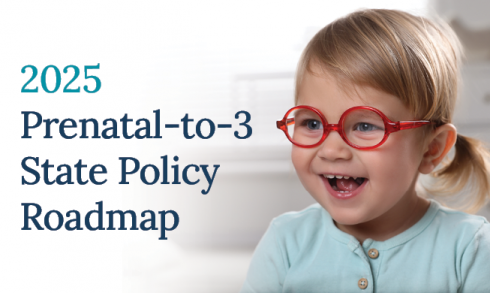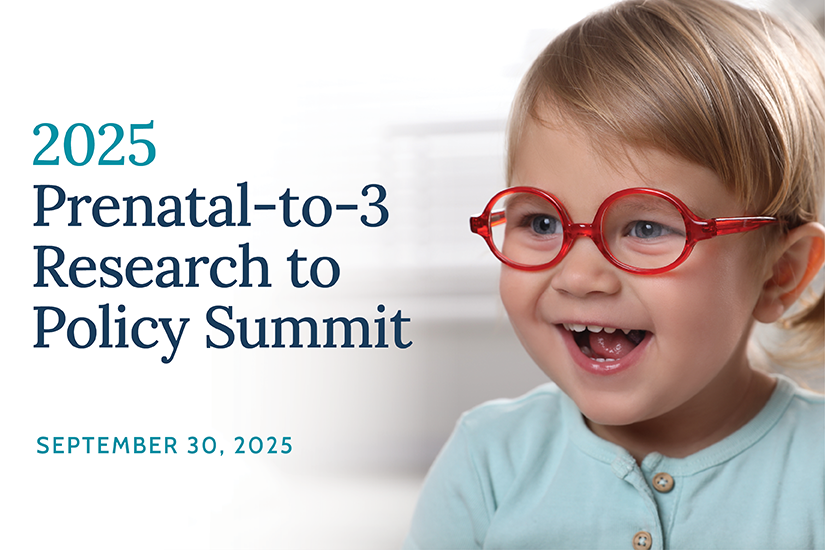- Home
- /
- Research Topics
- /
- Screenings
Screenings
Screenings help identify potential health or developmental issues early in life. This enables timely intervention and support, optimizing a child’s potential for healthy growth and learning. Regular screenings can detect problems related to hearing, vision, and physical growth, as well as cognitive, emotional, and social development.
Featured Resource
Comprehensive screening and connection programs increase families’ connections to needed services, support parental health, and may enhance optimal child health and development.
Related Resources
Paid family and medical leave (PFML) is one of several evidence-based policies in our 2025 Prenatal-to-3 State Policy Roadmap, which details states’ progress toward adopting and implementing policies that effectively improve child and family wellbeing.
Did you miss the Summit? Click here to access the full recording.
POLICIES ADOPTED BY STATES DRIVE MAJOR DIFFERENCES IN THE RESOURCES AVAILABLE TO FAMILIES Press Contact: Sydne Lewis, 615-343-9946, sydne.lewis@vanderbilt.edu The first three years of life are critical for healthy development, yet families in some states
High-quality child care is an essential service that benefits children, families, and the economy. However, rising costs and fragmented workforce structures are contributing to an overall market failure. Many families are finding reliable care to
- Event
- |
Join us on September 30, 2025, to explore the latest Roadmap, expert insights, and strategies to strengthen support for young children and families.
Research suggests that the high cost of child care can lead many parents to limit their participation in the workforce, resulting in negative repercussions for families and the economy. Though increased public investment is needed






